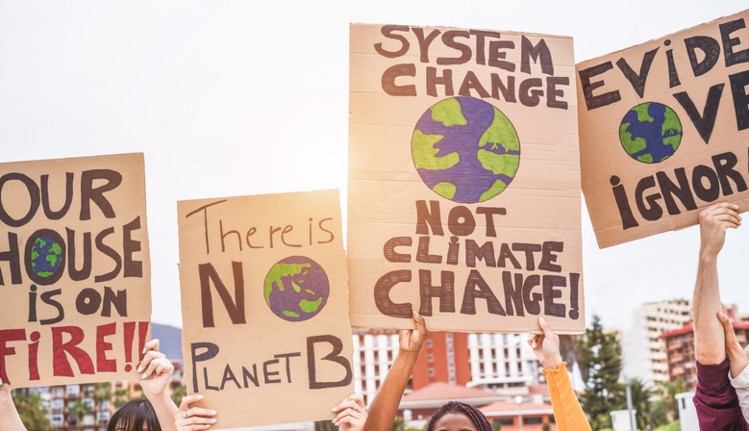
Does shopping change the world? Can you make a difference by choosing more sustainable
options as a consumer? These are key questions that you will be able to answer after
completing this module. The consumer has been drawn into the centre of public debates
about the regulation of markets and the promotion of social, environmental and political
goals. This module examines the systems through which many of the everyday goods you
enjoy are produced, circulated and consumed. Key to your learning on the course is the
question of what sustainable consumption is and how it can be motivated. The course
tackles examples of different sustainability initiatives – from Fairtrade, to recycling, and
alternative food networks so that by the end of the course, you will have the tools to critically
evaluate the possibilities and complexities of transitioning towards a more sustainable
market.
Module Aims
Learning Outcomes
By the end of this course, students will be able to:
Module Aims
- To explore the economic processes that lie behind the circulation and consumption of goods and services
- To develop an awareness of the connections between consumer behaviour and debates about sustainability
- To examine and critically reflect upon the ways sustainability concerns are communicated to consumers and acted upon by different groups and organisations within society
- To consider possibilities of sustainability transitions
- To develop student's communication and critical appraisal skills
Learning Outcomes
By the end of this course, students will be able to:
- apply theoretical concepts to the study of consumption, political economy and sustainability
- critically evaluate the possibilities and complexities of transitioning towards a more sustainable market
- communicate their ideas about consumption and sustainability to a range of different audiences
- engage constructively and reflexively in debate with their peers
- appraise and develop practical and creative strategies for promoting sustainable consumption